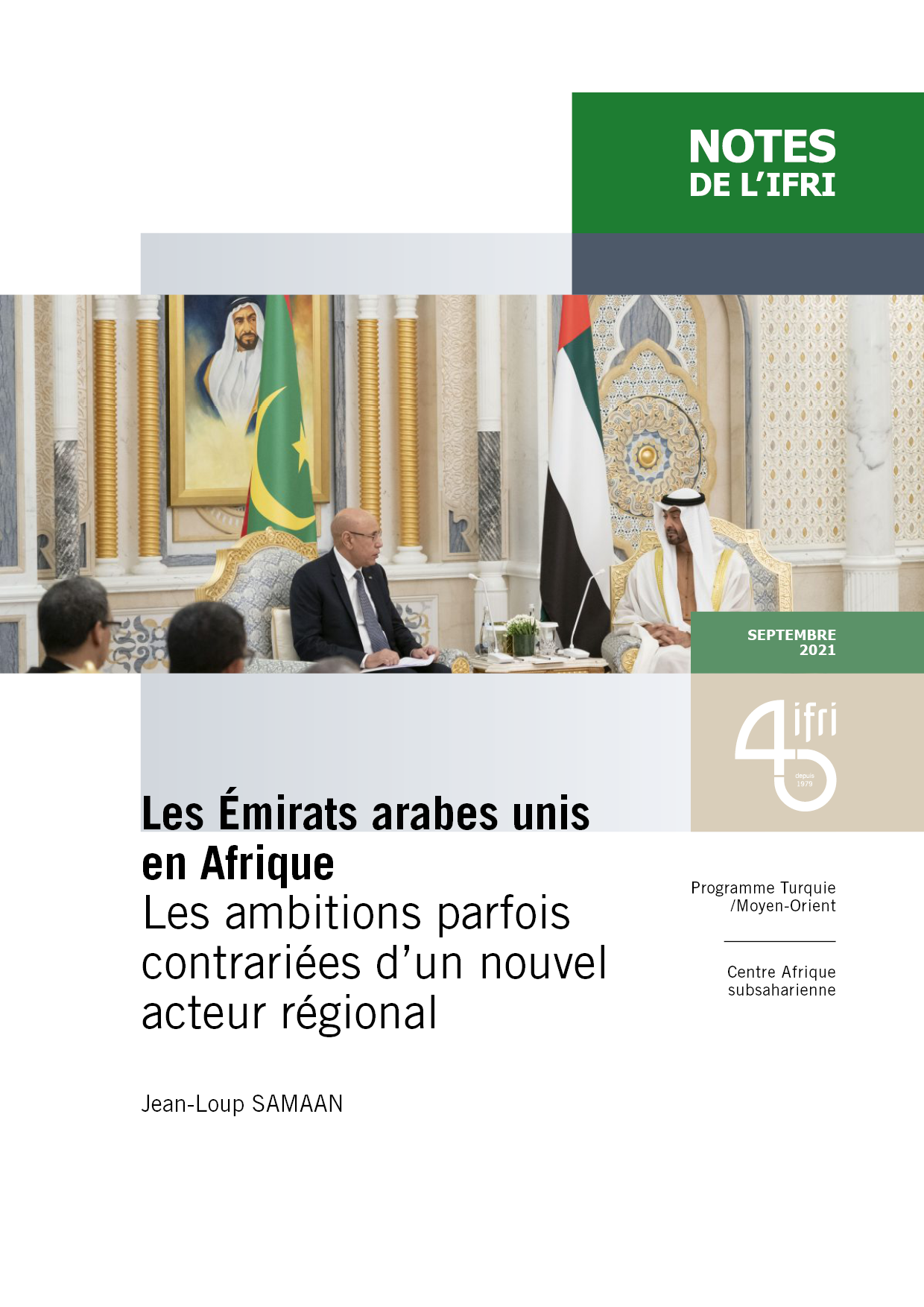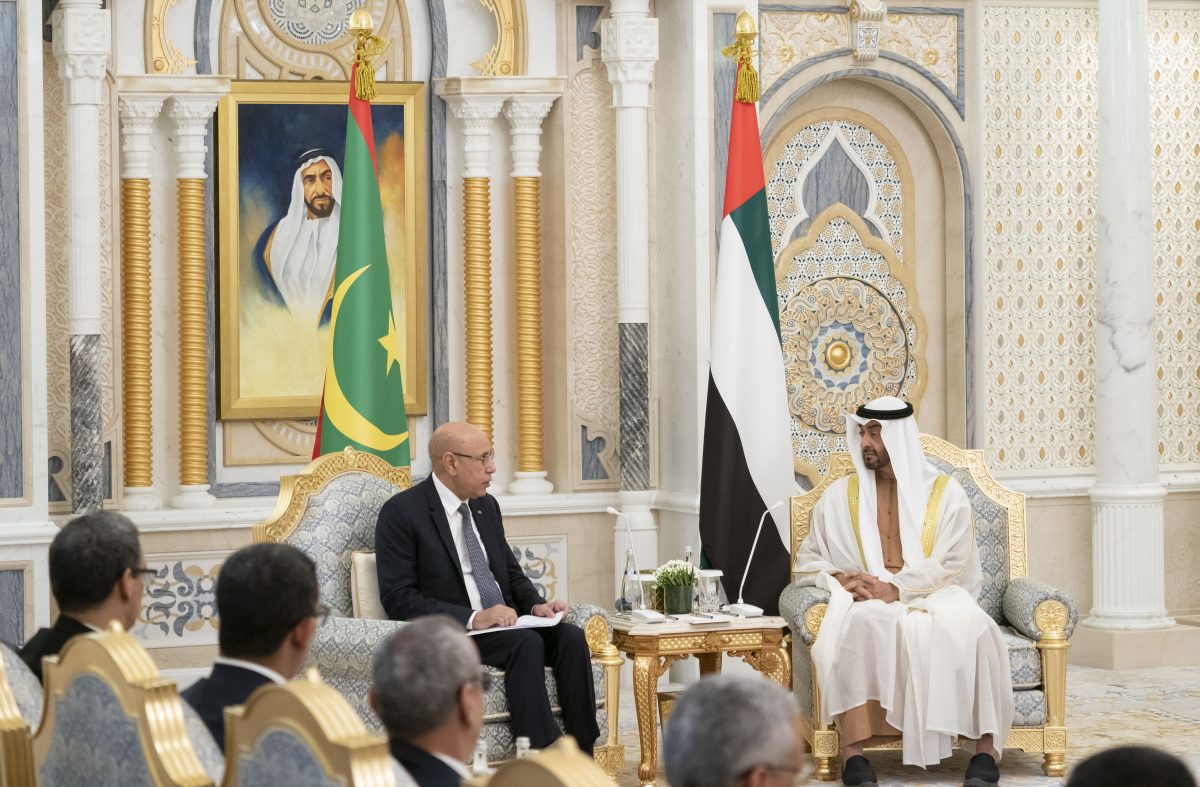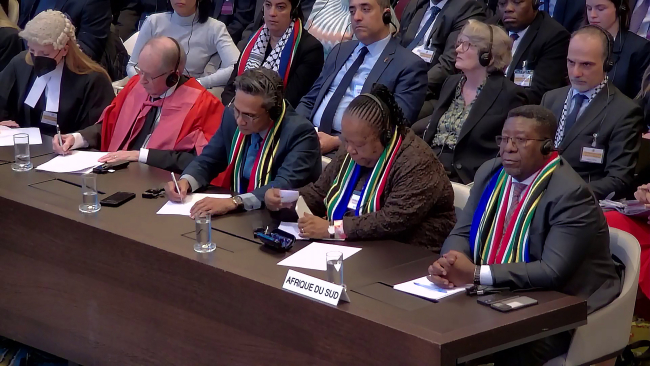The United Arab Emirates in Africa: The Partly Thwarted Ambitions of a New Regional Player

The United Arab Emirates (UAE) has long-standing ties with African countries, but the implementation of a genuine Africa policy dates back only about 15 years.

Initially instigated by the Dubai emirate, motivated by the opportunities offered on the African continent, this policy primarily served the UAE's commercial interests and responded to its food security imperatives.
The Arab Spring of 2011 has significantly shifted the focus of the UAE African policy by linking it with Abu Dhabi's foreign policy with political and military priorities. The UAE is now demonstrating an unabashed use of power in Africa, whether economic or military, to serve the international strategy of its leader Mohammed bin Zayed, for whom the fight against political Islam has become the central axis.
It is among its partners in the Horn of Africa (Eritrea, Somaliland) that the UAE has largely set up its military force, with the objective to deploy it in Yemen against the Houthi forces. At the same time, Abu Dhabi has developed close ties with the military institutions of many African countries, where it replicates its "Egyptian model" (Sudan, Mauritania) to contain the perceived threat of Islamist movements.
While the UAE aims to become a key player in the field of international diplomatic mediation (East Africa, Sahel), Emirati influence on the continent is not always well perceived. The export of Gulf rivalries to Africa and its military activism have destabilizing consequences (Somalia, Libya, Sudan) that can weaken bilateral relations (North Africa).
However, its recently diminished military ambitions in the Horn, due to its disengagement from Yemen, and the country's desire to strengthen its diplomatic reputation (notably as a future non-permanent member of the United Nations Security Council) could alter the scope of its regional policy.
This content is available in French: "Les Emirats arabes unis en Afrique : les ambitions parfois contrariée d'un nouvel acteur régional"

Available in:
Regions and themes
ISBN / ISSN
Share
Related centers and programs
Discover our other research centers and programsFind out more
Discover all our analysesCanada’s Recognition of a Palestinian State: What Consequences on its Foreign Policy Toward Palestine?
On September 21, 2025, Canada became the 148th of 157 countries to recognize Palestine as a state. It did this with the United Kingdom (UK) and Australia, defying the United States (US) and Israeli opposition.
How to Jumpstart Economic Recovery in Syria? The role of syrian entrepreneurs in Turkey
This report examines the potential role of Syrian-partnered companies operating in Türkiye in supporting economic recovery and reconstruction efforts in Syria. Based on data collected through field research and surveys conducted by the Economic Policy Research Foundation of Türkiye (TEPAV), the report provides an overview of the business characteristics, sectoral distribution, and cross-border economic activities of Syrian entrepreneurs. The report explores how this business activity could contribute to restoring supply chains, stimulating local production, and generating employment.
Indonesia and the Palestinian Cause
During his inaugural presidential speech on October 20, 2024, Indonesia’s incumbent president, Prabowo Subianto, iterated certain principles central to the philosophical foundation of the Indonesian nation. He noted Indonesia’s longstanding foreign policy of non-alignment or “bebas dan aktif” (free and active) and its aversion to military pacts.
Middle Power Lawfare : South Africa, International Justice, and the Gaza Crisis
The intensification of violence in Gaza following Hamas’s 7 October 2023 Al Aqsa Flood attack and Israel’s military response prompted a broader reassessment of global diplomacy. Longstanding geopolitical alignments were disrupted, and questions about humanitarian obligations, institutional accountability, and the limits of state conduct returned to the centre of international debate.












